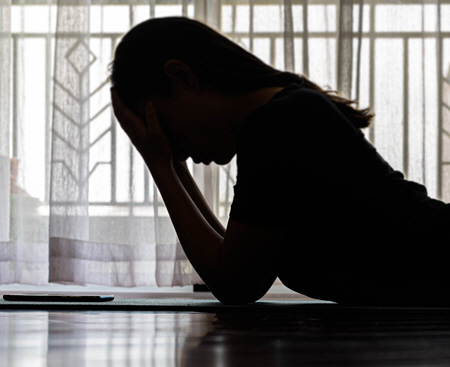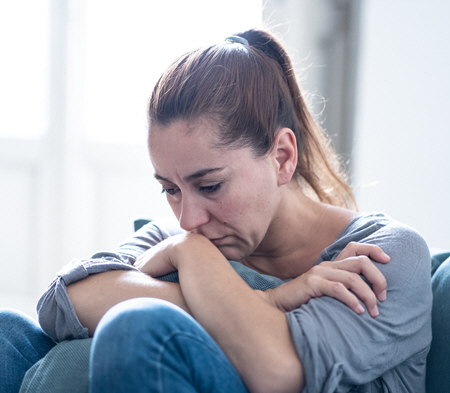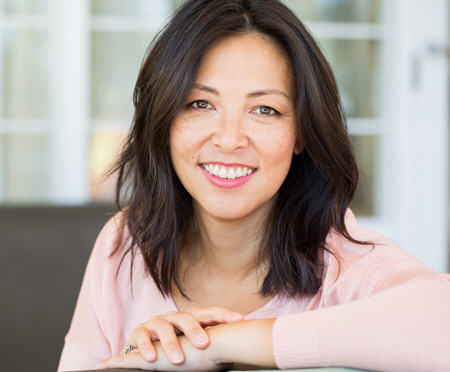 Living in Fear
Living in Fear
It’s scary, overwhelming, and terrifying.
You never know when things can turn – not knowing when violence will erupt. To keep the peace, you walk on eggshells.
Living in fear and anticipation creates a silent yet persistent sense of dread.
Years after the relationship ended, the feelings are still there and creep into other relationships. Logically telling yourself that the relationship is over has done little to calm you down.
Not All Violence Is Physical
Violence comes in many forms – threats, stalking, blackmail, gaslighting, and bullying.
All forms of violence are scary, painful, and abusive. It’s hard to explain, put words to, or even wrap your head around. Such violence and abuse create a sense of embarrassment and shame.
It’s hard to explain the fear you have and threats you perceive to other people because you fear judgment for staying in the relationship for so long.
 Deciding What’s Normal and What’s Not
Deciding What’s Normal and What’s Not
Some situations are typical. But sometimes, it’s hard to sort out what is normal relationship conflict and what is abuse.
And it’s tough to determine normal from abnormal because no one knew what was going on. You were isolated, distant, and living in secrecy.
It’s hard to know where you were in the wrong versus him simply being awful. He’d twist and spin things around, leaving you feeling dizzy.
Now, things are all jumbled up in your head. It’s hard to trust your thoughts or perceptions. He made you question everything, and he was so believable.
And It’s Not Always Domestic
Domestic violence is not limited to a partner in a home environment. Your experience might result from a relationship with a high school boyfriend or guy you dated in college. Even before marriage, abuse may have started, but you married him anyway.
Being the recipient of abuse and violence outside of marriage makes it very challenging. If he was your husband, you could more easily justify why it was hard to leave him. But because he was just your boyfriend, you feel so embarrassed that you stuck around and put up with his shit. You know people will ask, “Why didn’t you just dump him?”– and it’s hard to explain.
 There Are Multiple Reasons for Staying
There Are Multiple Reasons for Staying
Why did you stay? You don’t always know why you stayed. All you know is that it was hard to go.
You stopped hanging out with your friends as much. You got into fights with the people who loved you because you were defending the relationship.
Money was tight, he was scary, and he didn’t make it easy to leave. He would threaten or blackmail you.
Any one of these excuses may apply to your situation.
But You Got Out
You left him – finally. It took a lot, but you did it.
Maybe you tried to end things before, and it didn’t stick. But eventually, you left for good.
At first, there was a sigh of relief. You felt free – for a minute. But that didn’t last too long.
Even though you’ve been separated for a while now, it’s hard to trust other men and feel safe in your own home. It’s just hard, period.
He’s a memory from your past, but the pain, fear, and terror are still part of your everyday life. The shame, guilt, and embarrassment still overwhelm you. You got him out of your life, but he’s still in your head.
Effects of Living in Fear and Violence
An abusive relationship leaves invisible scars. And those scars come in many forms – feeling jumpy, always worried, scared of others, not trusting people’s intentions, fear of being alone, and being on edge.
Long after the relationship ended, these marks are still seen and felt. The physical healing process was much more comfortable than the psychological one. And you don’t even know where to begin with healing internally.
You’d like to trust people, feel the call, and move on with your life. But you’re not sure what that would even look like or how to make changes.
 Getting Better Is Possible
Getting Better Is Possible
Feeling safe and connected in relationships again is possible, and healing from past abuse is achievable. You can heal your old wounds.
Therapy can help you understand what you’re feeling, why you’re feeling it, and how to feel better. With brain science and practical strategies, therapy provides a deep understanding of the pain and fear you experienced.
You will develop skills to slow down your thoughts and worries and gain the ability to challenge your fears so you can live life fully again. You can then sort out your feelings about trust, intimacy, and power, preventing those negative feelings from dominating your interactions.
Don’t Let Another Day Pass By!
You deserve to feel happy again and feel safe in your life. It’s okay to want love, intimacy, and connection.
Let’s begin the healing process so you can live the life about which you have dreamed.
It’s time to take back control of your future, and it all starts with a free 20-minute phone consultation.
Call today, so you can get back to living your life.

